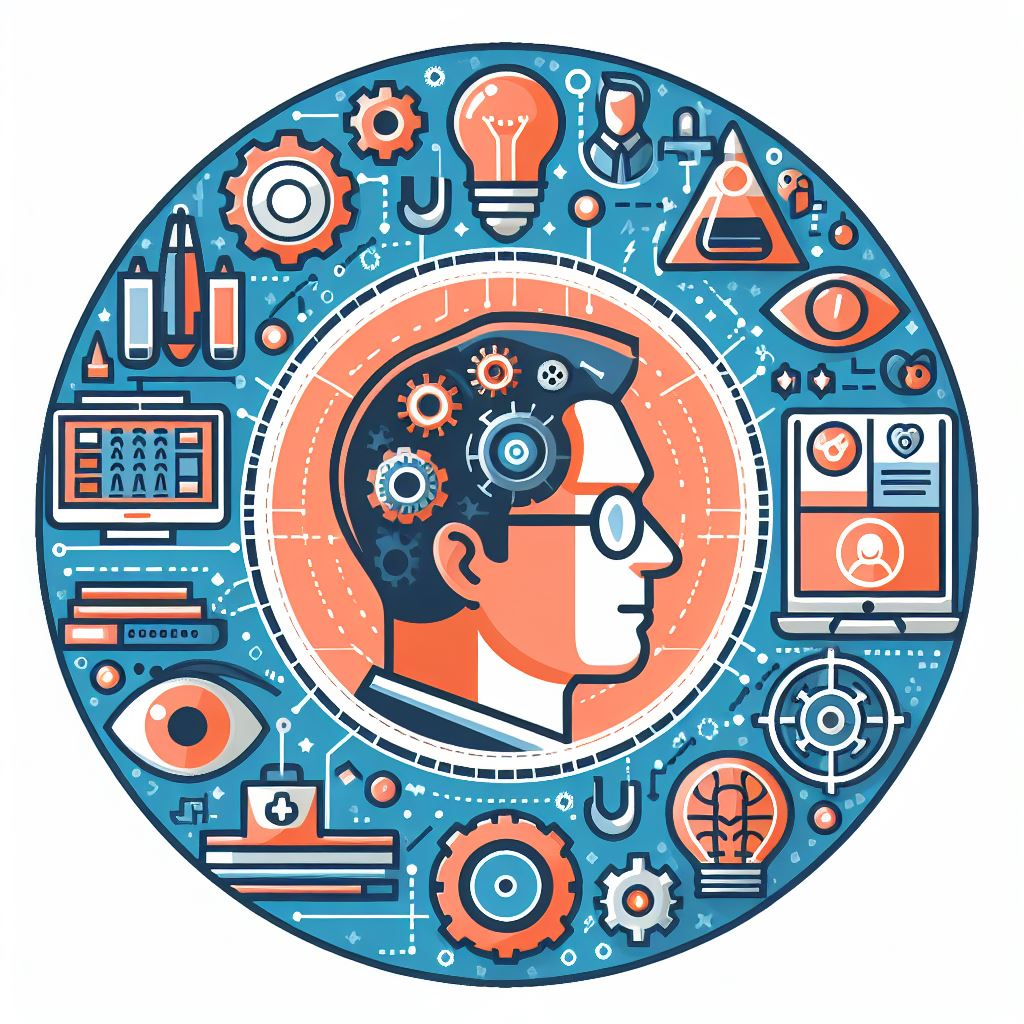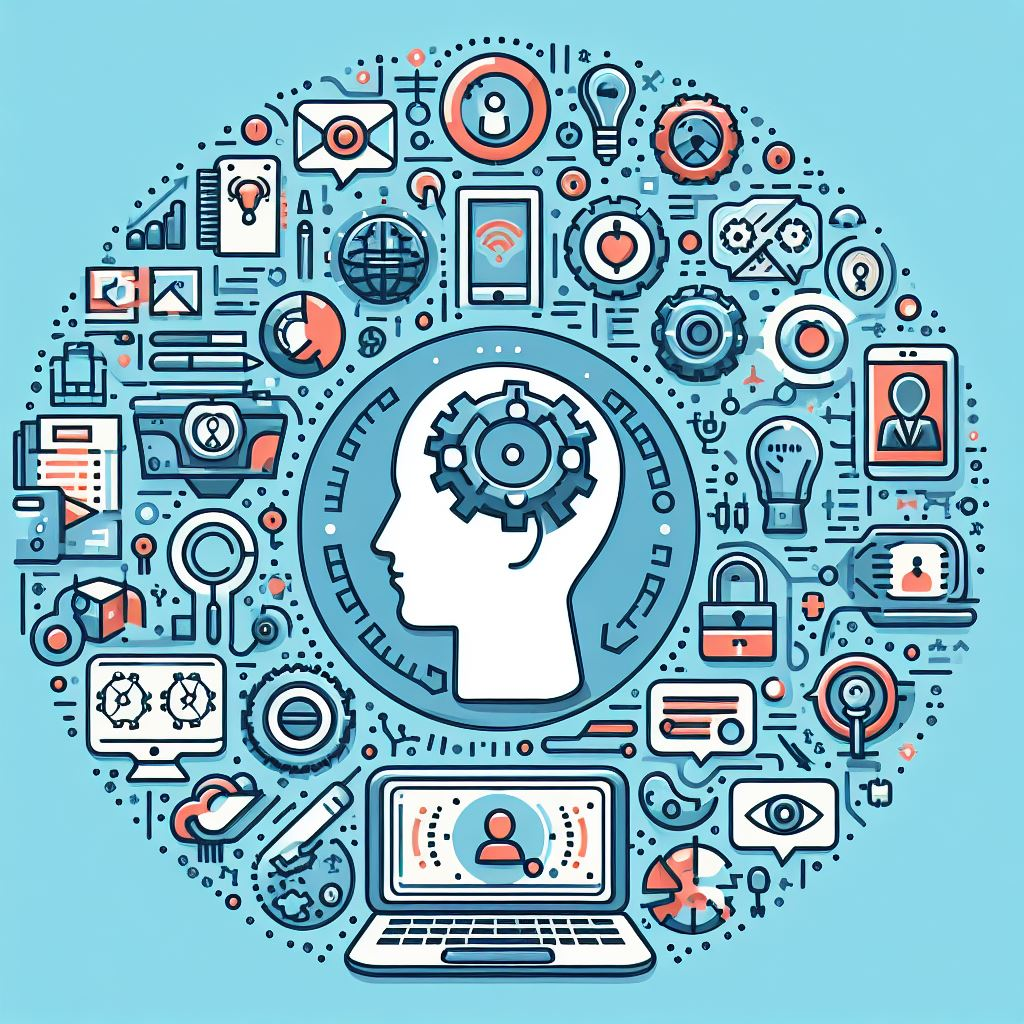
Career Opportunity for Psychologist in Digital Citizenship and Internet Maturity (DCIM)

Career Opportunity for Psychologist in Digital Citizenship and Internet Maturity (DCIM)

The Role of Psychologists in DCIM
Psychologists play a critical role in the DCIM ecosystem. Their expertise is vital in addressing the psychological impacts of digital technology usage, such as social media addiction, cyberbullying, and online behavioral issues. The increasing reliance on digital platforms for education and social interaction has escalated these concerns, making the role of psychologists more significant than ever.

Career Opportunities for Psychologists within DCIM
1. Educational Program Development: Psychologists can contribute to the creation of educational modules that address digital wellness and internet maturity. This involves curriculum design that integrates psychological principles with digital citizenship concepts.
2. Counseling and Support Services:Offering specialized counseling services to students, parents, and educators facing digital-related challenges. Psychologists can help develop strategies to promote healthy digital habits and resolve conflicts arising from digital media use.
3. Research and Advocacy: Conducting research on the psychological aspects of digital usage and advocating for healthy digital practices. Psychologists can help shape policies that promote positive digital behaviors and contribute to broader community education about digital citizenship.
4. Training and Workshops: Leading workshops and training sessions for educators, parents, and students on the psychological impacts of digital technology and strategies to mitigate negative effects.
5. Collaboration with Tech Companies: Working with technology companies to develop safer and more inclusive digital environments. This includes advising on user experience designs that minimize psychological risks and promote internet maturity.

Skills Required for Psychologists in the DCIM Field

Benefits of a Career in DCIM for Psychologists

How to Get Involved
Psychologists interested in pursuing a career in DCIM can start by:

Conclusion
The integration of Digital Citizenship and Internet Maturity in education and daily life creates a vital need for psychologists who understand the complex relationship between human behavior and digital technology. As the digital landscape evolves, psychologists have the opportunity to lead in the development of healthier digital communities and to support the next generation in becoming responsible digital citizens.